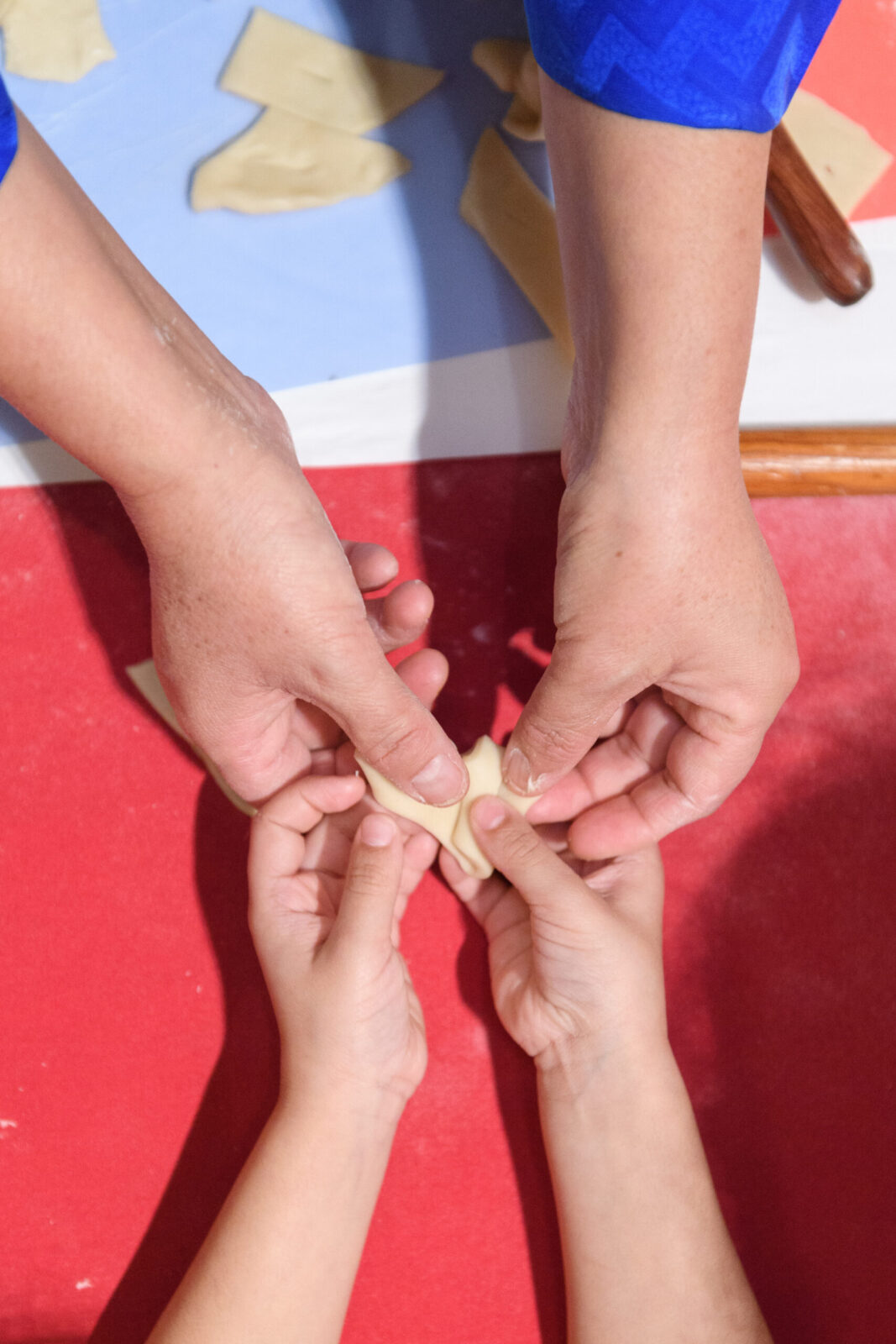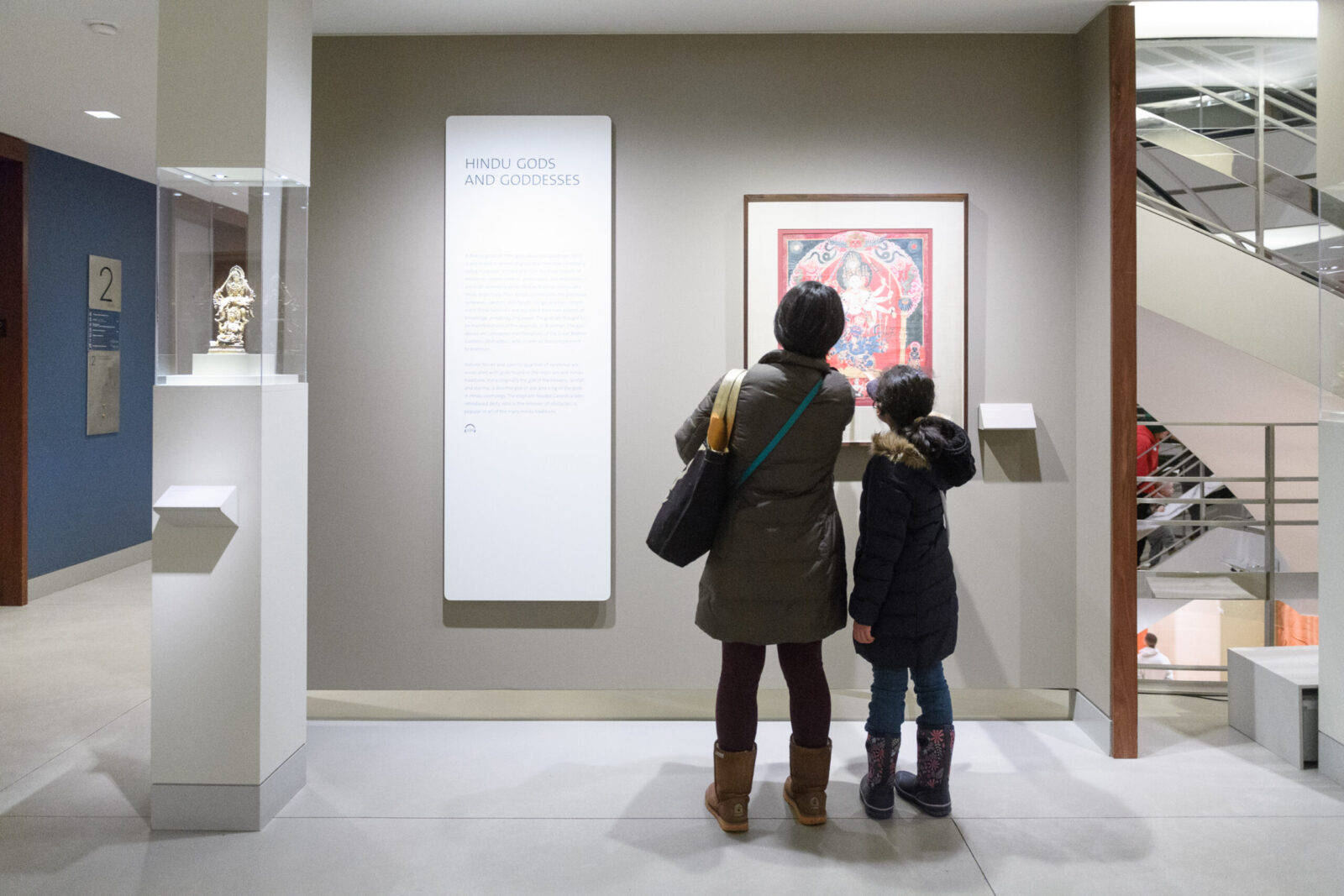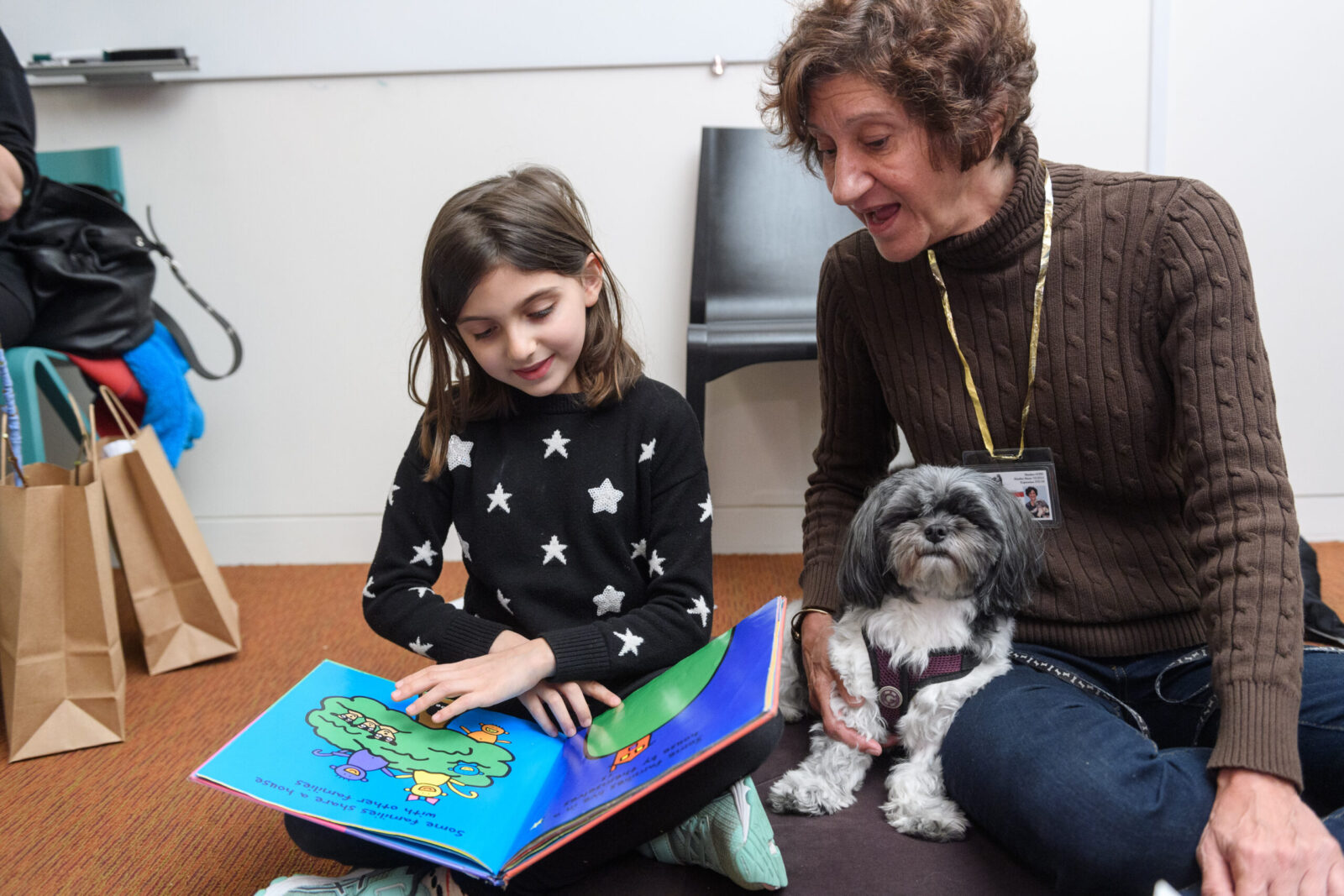
Photograph by Filip Wolak

Photograph by Filip Wolak
As children, we viewed our parents as the ultimate humans, as superhumans really. Parents are here to protect us. So there is a sense of safety in thinking that our protectors are invincible. In reality, no one is perfect—not even our parents. They did their best to protect us but unknowingly passed on some bad habits too. Setting unreasonable boundaries, using harsh discipline, being absent, or having sky-high expectations are just a few examples. As a result, somewhere down the line we start showing behavioral patterns such as being permissive, overbearing, or anxious. Without even realizing it, we act out these patterns.
Either we unconsciously become a reflection of our own parents or the opposite of who they were. These patterns could show up in any situation of life, but most frequently emerge in parenting situations, because our children are the closest reminders of ourselves. The good news is that parenting gives us the best opportunity to finally break these patterns. The bad news is if we don’t, then we perpetuate the cycle of generational unconscious triggers.
Here are five ways to give ourselves (and our children) the gift of breaking free of these unconscious patterns:
Log one stressful event that happened to you, noting what the trigger was, how you felt, and what you could do differently. After logging several events, you will start noticing patterns emerging. You will get a sense of your own unconscious patterns.
Mindfulness meditation teaches us how to watch our thoughts. So, when we notice a negative pattern emerging in our minds, we can flash the light of consciousness to end it.

Photograph by Filip Wolak
Especially notice the buttons that are pushed easily by your child. If you start realizing what causes these specific triggers in your interactions as a parent, you could train yourself to watch for them before they manifest.

Photograph by Filip Wolak
A child starts showing unconscious patterns early on. These behavioral patterns emerge when children are tired, hungry, or simply feel that their needs are not being met. Just like an adult, a child tends to act clingy, angry, anxious, or indifferent in such situations. Notice the events that cause these reactions so so you could anticipate them and be more prepared the next time.
While you are with your child, be there fully. If your mind wanders, simply bring it back to your parenting experience at this present moment. Often, a parent’s mindful presence is the secret to solving the child’s budding behavioral issues

Photograph by Filip Wolak
Remind yourself that you may be a parent, but you are a human with your own human flaws. When you manage your expectations as a parent, your child starts seeing you as an imperfectly perfect human rather than someone with unattainable standards. This paves the way for your child to become a happy and healthy adult who accepts their own flaws.

Ayman Mukerji Househam is a former Wall Street executive, longtime meditator and yogi, and researcher of mindfulness physiology who teaches mindfulness to families, corporations, and individuals. A clinical social worker, Ayman combines Eastern meditation with Western therapeutic techniques, and she is an active speaker on this topic. She authored a book on neural findings in the autism spectrum disorder, and her scientific publications and TEDx talk unravel how mindfulness practice changes our immune system, gut, and even our genes.
Get the latest news and stories from the Rubin, plus occasional information on how to support our work.